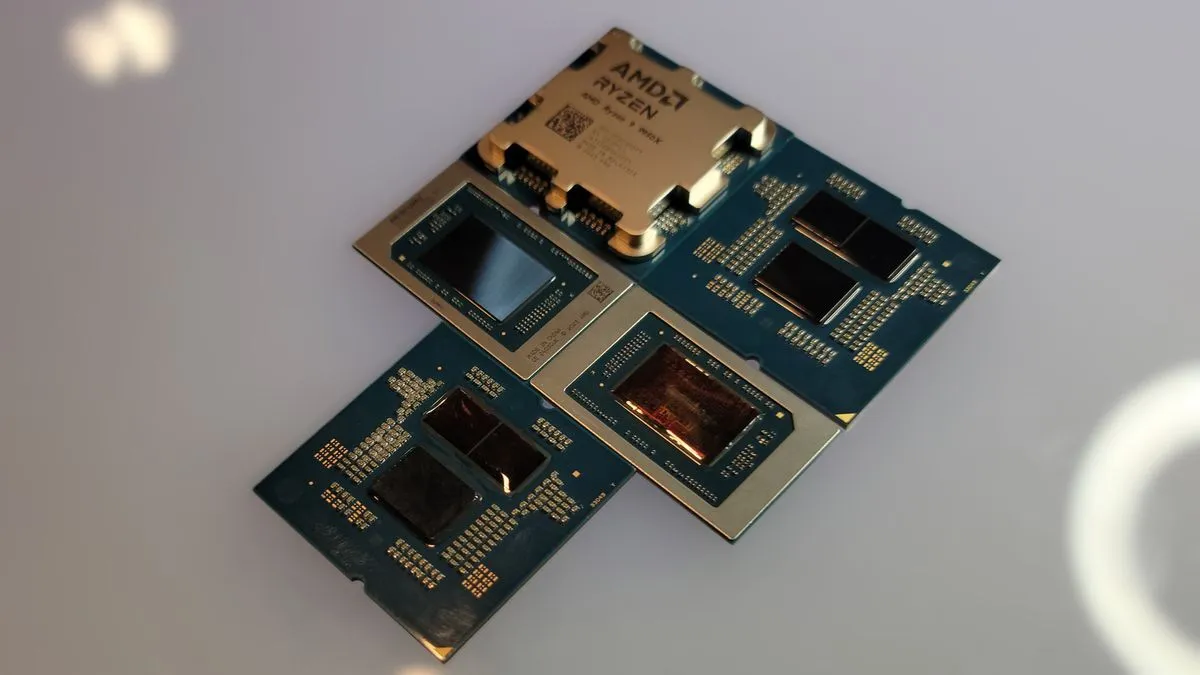AMD delays its Ryzen 9000 launch due to unspecified quality issue — new launch in August; chipmaker pulls back all units shipped globally for quality checks
AMD delays its Ryzen 9000 launch due to unspecified quality issue — new launch in August; chipmaker pulls back all units shipped globally for quality checks

www.tomshardware.com
AMD delays its Ryzen 9000 launch due to unspecified quality issue — new launch in August; chipmaker pulls back all units shipped globally for quality checks [Updated]
